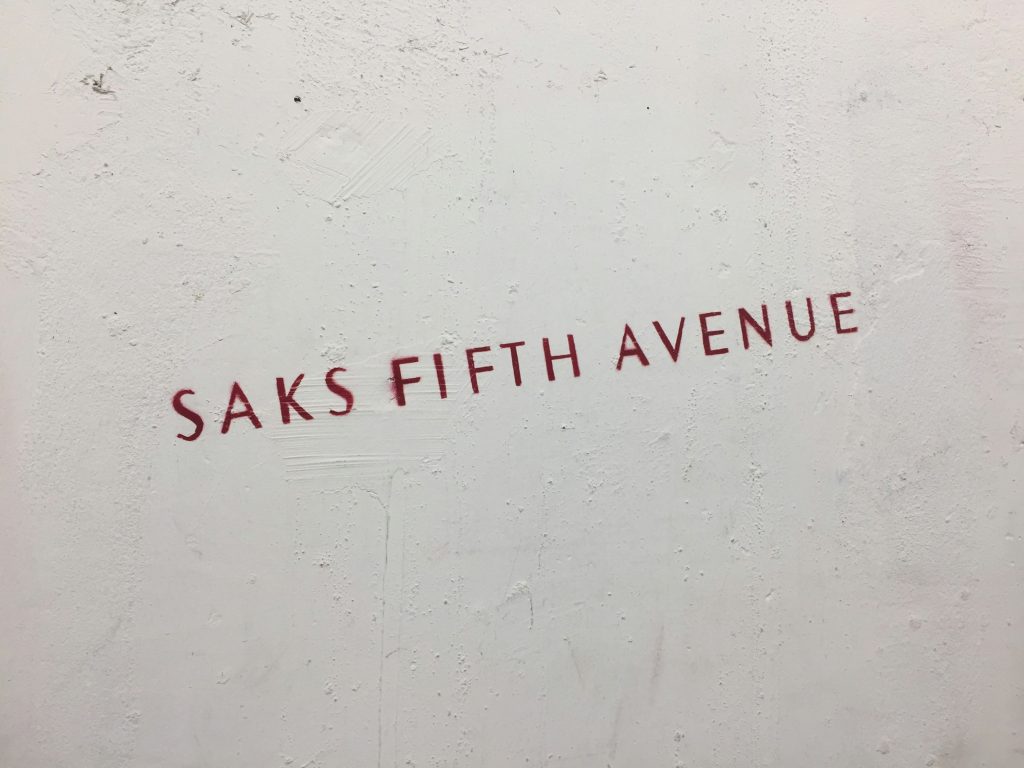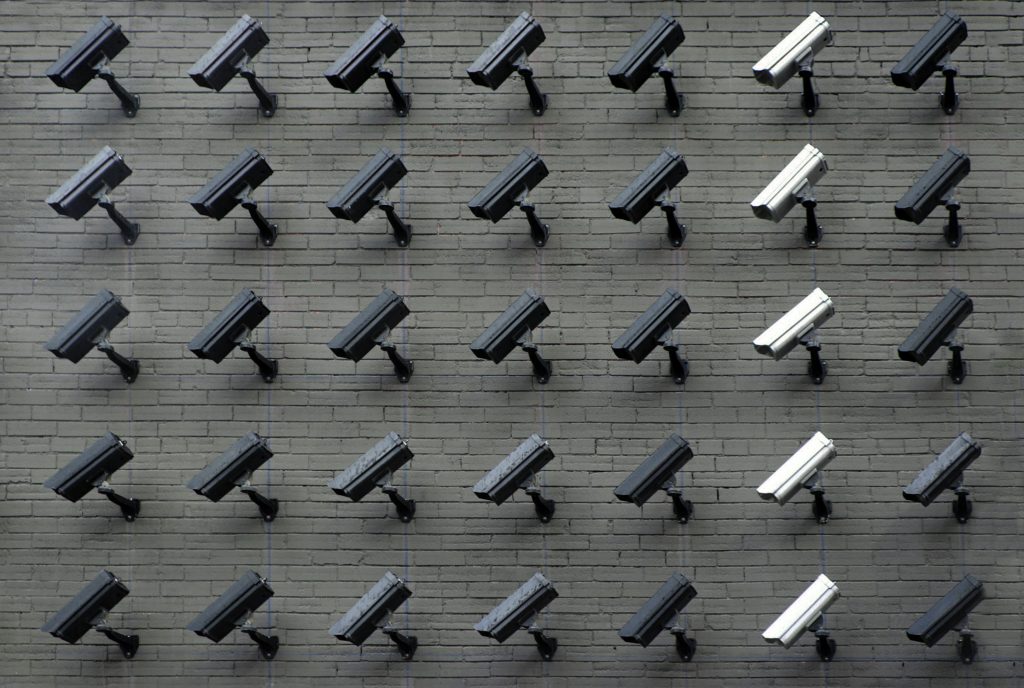Liability Machines
By Nick Kandas
This week (February 25, 2020) in Personalized Media Communications LLC v. Google LLC, Judge Rodney Gilstrap of the United States District Court of the Eastern District of Texas asked the parties to provide briefing on the impact of a federal circuit decision on this case.[1] Personalized Media Communications responded by writing that machines, in this case servers, are agents of Google.[2] Unpacking how Personalized Media arrived at this incredulous claim requires a quick and exciting dip into the world of patent venue.
Venue determines where a lawsuit may be brought. Patent venue is not the same as venue generally.[3] The Supreme Court decided in 2017 that since patent venue is codified in a different statute than general venue, it is completely distinct.[4] The statute says “[a]ny civil action for patent infringement may be brought in the judicial district where the defendant resides, or where the defendant has committed acts of infringement and has a regular and established place of business.”[5] This statute outlines two distinct paths for appropriate venue in a patent case.
First, one must ask, is this court where the defendant resides? For patent venue this is simple and clear. A corporation only resides in the state in which it is incorporated.[6] The answer is almost always Delaware.[7] Unfortunately, Delaware is still not prepared to handle the caseload that the Supreme Court shunted onto them, so they often lob the cases to different courts.[8] Thus, many parties decide that the uncertainty of Delaware is not worth the risk and try to get the trial in a court of their choosing through the second path.[9]
The second route to proper patent venue is to pick a location where the defendants both committed acts of infringement and had a regular and established place of business. This second route is where the current development is in the legal doctrine. The first part requiring acts of infringement is rarely a hotly contested issue with big companies because their services are used everywhere. The definition of the phrase “a regular and established place of business” is presently being fought over in the federal circuit.
In 2018, Google was sued for patent infringement in the Eastern District of Texas.[10] Google requested a transfer of venue.[11] Google argued the Eastern District of Texas was not a regular place of business for them.[12] The only thing Google had there were servers, which were being rented and maintained by ISPs.[13] When the judge declined the motion, Google petitioned the federal circuit for a writ of mandamus that would direct the Eastern District of Texas to transfer this patent case for improper venue.[14] The federal circuit declined saying that a writ of mandamus was an extraordinary remedy that was inappropriate in this case.[15]
The federal circuit court said that mandamus was not appropriate for two reasons. First, the judges found that it was unclear if the district court’s decision involves broad and fundamental questions.[16] Second, they said that there was not a large amount of disagreement in the district courts.[17] Because of these reasons, the court denied the writ of mandamus and declared that the issue must “percolate in the district courts so as to more clearly define the importance, scope, and nature of the issue for us to review.”[18]
In 2020, the issue finished percolating. Another patent infringement case cropped up against Google, and they were sued in the Eastern District of Texas again, because they still had the servers in that district.[19] Thus, the relevant facts for patent venue were identical, except the year had changed.[20] The date turned out to be the most relevant fact for patent venue because the federal circuit was now willing to address the merits of this case.[21] They were willing to move past the question of whether or not mandamus was appropriate for three reasons.[22]
First, there are now a significant number of district court decisions that adopt conflicting views on the basic legal issues presented in this case.[23] Second, patent venue issues were not often preserved and presented to the federal circuit through the regular appellate process.[24] Third, the district courts have clarified the issues involved.[25]
The issues identified by the district courts were “(1) whether a server rack, a shelf, or analogous space can be a place of business and (2) whether a regular and established place of business requires the regular presence of an employee or agent of the defendant conducting the business.”[26] Then the court turned to its established method of evaluating a place of business. This method has three requirements: (1) there must be a physical place in the district; (2) it must be a regular and established place of business; and (3) it must be the place of the defendant.[27]
The court found that the first requirement was met. The court declared that the entity being sued must either possess or control property in a fixed, geographic location within the district.[28] This is fulfilled by the rack space leased by Google.[29]
However, the second requirement is not met.[30] The most novel thing about this case is the declaration that a place of business requires the presence of employees or agents.[31] This is inferred from a previous version of the patent venue statute.[32] That version defined patent venue and the service requirements.[33] The service requirements implicitly, but clearly, required an employee or agent to establish a place of business.[34] The court determined that when the statute was split, congress overlooked this important connection.[35] The court transplants this requirement into the venue requirements by assuming this is what congress had intended when the statute was changed.[36]
Then the courts go on to discuss whether or not Google has any agents in the district.[37] While the court ultimately decides Google does not, it leaves two doors open which are interesting and important for corporate law.[38] First, the majority specifically stated that they are not holding that the agent must be human; a machine could be an agent, at least theoretically.[39] Second, in a concurrence, Justice Wallach said that Google’s users might be agents of Google, because its primary business model is based on the accumulation and monetization of data, which users provide.[40]
Both theories must be analyzed by looking at the requirements of being an agent. “The essential elements of agency are (1) the principal’s right to direct or control the agent’s actions, (2) the manifestation of consent by [the principal] to [the agent] that the [agent] shall act on his behalf, and (3) the consent by the [agent] to act.”[41]
The idea of machines acting as agents is mostly the court anticipating potential technological development. The agent analysis fails with the current legal framework. The company could easily have the right to direct and control a machine’s actions. The company clearly consents to the machine acting on its behalf when it uses the machine. However, the machine being used has no clear concept of consent. Theoretically, it is possible that an artificial intelligence could consent, but that would require a definition of consent that can be scrutinized, and currently courts mostly assume consent of the agent. Even if an AI were self-aware, it would presumably be owned by someone, which would foreclose a common understanding of consent.
Users as agents is a much more immediately viable issue. The first requirement is the hardest to meet. Does Google have the right to direct or control their user’s actions? I don’t think so. Google has no right to demand that users search using their software. On the other hand, when a user searches via Google’s search engine, Google has a right to the data generated by that search. If the first requirement were met, that would mean that Google’s interest is in users making searches, which it clearly consents to. The final requirement is also probably met, because the users accept that they are working for the benefit of Google, even if that benefit is tangential to their interests. This open question will likely spark arguments about the separation between consumers and agents, especially with companies that do business on the internet.
Still, the most important lesson here is that hosting servers in the Eastern District of Texas comes with extra legal costs and could expose a company to substantial liability.[42]
[1] Tiffany Hu, Google Weighs In On Whether Servers Are ‘Agents’ For Venue, Law360 (Feb. 25, 2020, 5:30 PM), https://www.law360.com/articles/1246977/google-weighs-in-on-whether-servers-are-agents-for-venue.
[2] Id.
[3] TC Heartland LLC v. Kraft Foods Group Brands LLC, 137 S.Ct. 1514, 1521 (2017).
[4] Id.
[5] 28 USCA § 1400 (1999).
[6] TC Heartland LLC, 137 S.Ct. at 1521 (2017).
[7] Amanda Walton Newton, Tightening The Gilstrap: How TC Heartland Limited The Pharmaceutical Industry When It Reined In The Federal Circuit, 25 JIPL 255, 268 (2018) (discussing the congestion of the Delaware courts).
[8] Id.
[9] Id.
[10] In Re Google LLC, No. 2018-152, 2018 WL 5536478, at *1 (Fed. Cir. Oct. 29, 2018).
[11] Id.
[12] Id.
[13] Id.
[14] Id.
[15] Id at *3.
[16] Id at *2.
[17] Id at *3.
[18] Id.
[19] In Re Google LLC, No. 2019-126, 2020 WL 728165, at *1 (Fed. Cir. Feb. 13, 2020).
[20] Id at *2.
[21] Id at *3.
[22] Id.
[23] Id.
[24] Id.
[25] Id.
[26] Id.
[27] Id.
[28] Id at *4.
[29] Id.
[30] Id.
[31] Id.
[32] Id.
[33] Id.
[34] Id.
[35] Id.
[36] Id.
[37] It is clear that there are no employees so that is only briefly discussed. Id.
[38] Id at *6.
[39] Id at *8.
[40] Id.
[41] Id at *6.
[42] The Eastern District of Texas is among the most favored for patent owners. Ryan Davis, Decision Clarifying Patent Venue May Still Spur More Fights (Feb. 20, 2020, 10:14 PM), https://www.law360.com/articles/1245624/decision-clarifying-patent-venue-may-still-spur-more-fights.


